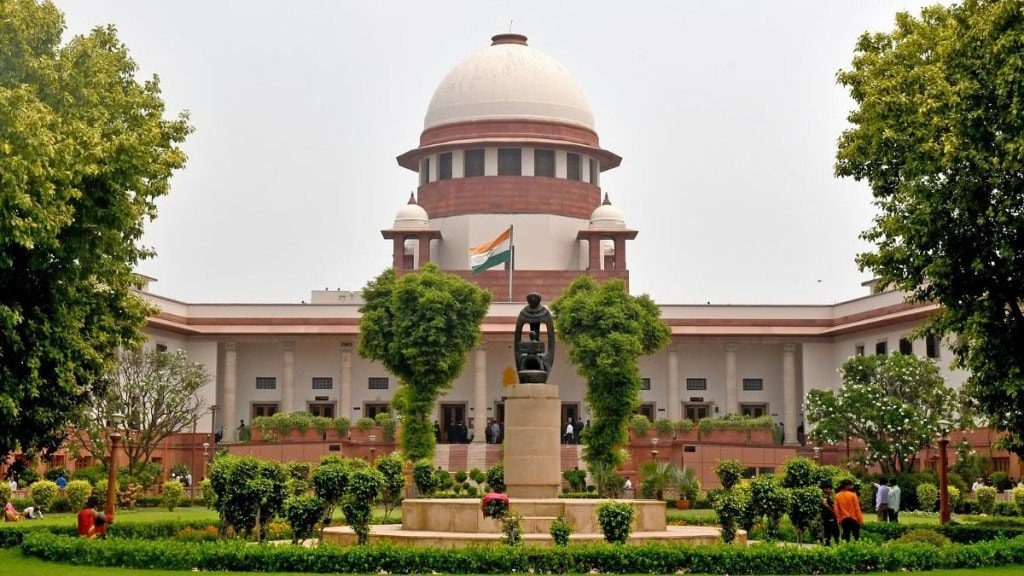The Supreme Court of India on Tuesday directed the Centre and the Directorate General of Civil Aviation (DGCA) to devise comprehensive guidelines to tackle unruly passenger behaviour on flights. Observing the need for innovative solutions, the bench underscored the importance of aligning domestic aviation norms with international standards.
The matter stems from a public interest litigation (PIL) filed by a 73-year-old woman, who alleged that a male co-passenger urinated on her in an inebriated state aboard an Air India flight in November 2022. The incident exposed significant gaps in the standard operating procedures (SOPs) for dealing with such misconduct on flights.
The petitioner sought directives from the Centre, DGCA, and airlines to frame SOPs ensuring the prevention and proper handling of such incidents, and safeguarding the dignity and well-being of passengers.
Supreme Court’s Observations
A bench of Justices B R Gavai and K V Viswanathan took note of the inadequacies in existing measures to address unruly passenger behaviour. Justice Viswanathan shared a personal experience during a recent flight involving intoxicated passengers, highlighting the challenges faced by cabin crews, especially on short-duration flights.
“Something creative needs to be done,” remarked the judge, emphasising the urgency of robust and practical solutions.
Solicitor General Assures Examination of Guidelines
Solicitor General Aishwarya Bhati, representing the Centre, assured the bench that the current guidelines and circulars addressing unruly passenger behaviour would be reviewed and suitably modified. She also informed the court that the DGCA had filed an affidavit detailing existing measures to address such incidents.
However, the petitioner’s counsel argued that further improvements could be made by incorporating specific suggestions to bring Indian norms closer to international aviation standards.
Key Concerns Raised
The petitioner cited multiple instances of passenger misconduct from 2014 to 2023, alleging that airlines failed to handle these situations effectively. The PIL highlighted:
- Lack of SOPs: Absence of standardised procedures to deal with disruptive passenger behaviour.
- Crew Training: Need for enhanced training for airline crew to manage challenging situations.
- Media Guidelines: Clear protocols for reporting such incidents to avoid misinformation and protect victims’ and accused persons’ rights.
The November 2022 incident involved Shankar Mishra, who allegedly urinated on the petitioner during the flight. The accused was granted bail on January 31, 2023, under conditions that included refraining from tampering with evidence, influencing witnesses, or leaving the country without court approval.
The woman’s PIL criticised both Air India and the DGCA for their inadequate response and handling of the situation, which, she argued, added to her trauma.
The Supreme Court’s directive aims to strengthen passenger safety and ensure accountability among airlines. The forthcoming guidelines could encompass:
- Stricter Crew Protocols: Mandatory reporting and action for passenger misconduct.
- Enhanced Training: Comprehensive training programs for crew members to manage unruly passengers effectively.
- International Alignment: Adoption of global best practices to maintain high safety and conduct standards.
The petitioner emphasised that her efforts were motivated by the public interest and a desire to improve the aviation sector’s response to in-flight misconduct. The apex court’s directive signals a move towards ensuring passenger safety, dignity, and a higher standard of conduct aboard Indian flights.
As the Centre and DGCA prepare to revisit existing norms, this landmark case could pave the way for a more secure and accountable aviation industry in India.
(With agency inputs)

